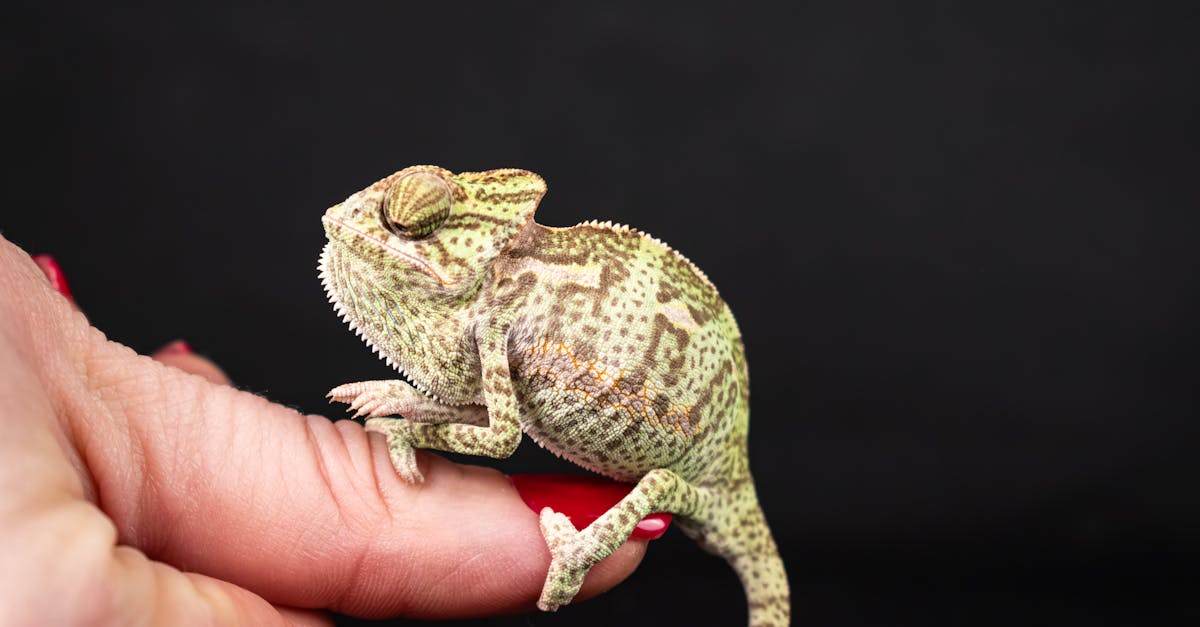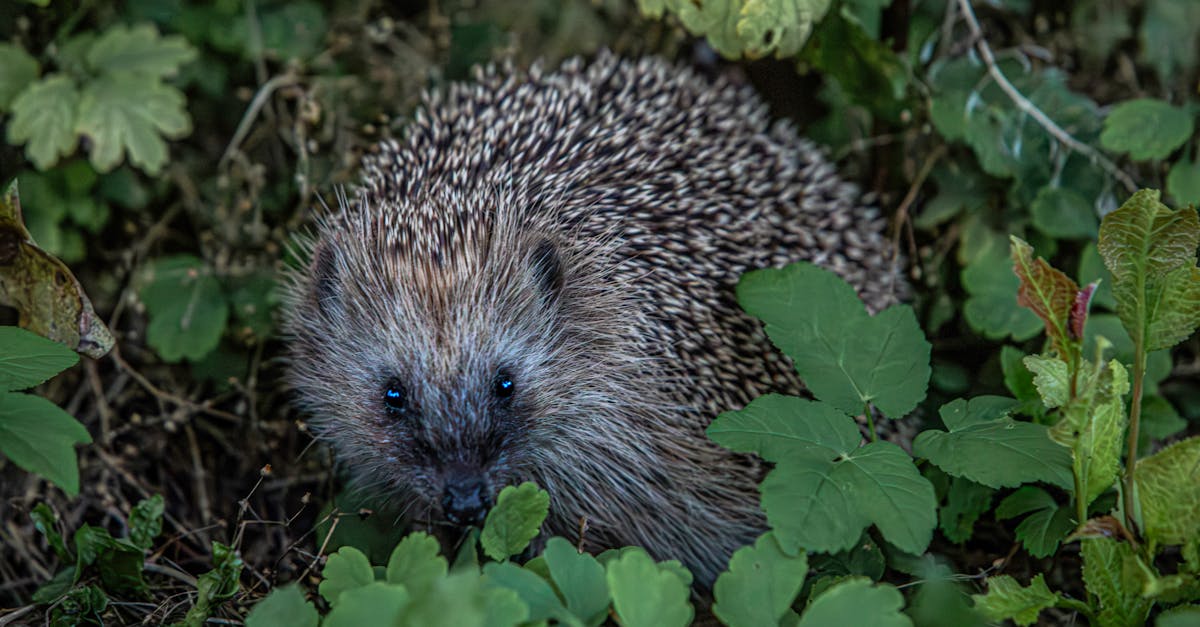When it comes to pets, most people think of dogs, cats, or perhaps a goldfish. But what if I told you there’s a world of exotic pets that are just as adorable, if not more so? 🐾 Imagine owning a pet that not only stands out but also brings a unique charm and personality to your home. Let’s dive into the fascinating world of exotic pets and discover some of the cutest companions you can have!
The Allure of Exotic Pets
Why Choose an Exotic Pet?
Ever wonder why people are drawn to exotic pets? From what I’ve seen, the allure often lies in their uniqueness and the sense of adventure they bring. Exotic pets can be a conversation starter and offer a different kind of companionship.
Studies show that owning pets can reduce stress and improve mental health. Interestingly enough, exotic pets can provide these benefits with an added twist of excitement and novelty. If you’ve ever felt a bit bored with the usual pet options, it’s safe to say that an exotic pet might be the perfect solution.
The Challenges and Rewards
The reality is that owning an exotic pet comes with its own set of challenges. These pets often require specialized care, diets, and environments. Personally, I’ve found that the rewards far outweigh the challenges. The joy of having a unique pet that fits your lifestyle and personality can be incredibly fulfilling.
I guess you could say that owning an exotic pet is a bit like embarking on a new adventure. If I had to guess, many exotic pet owners would agree that the bond they form with their pets is unlike any other.
Meet the Adorables: Top Exotic Pets
1. Fennec Foxes: The Desert’s Little Charmers
Picture this: A small, fox-like creature with enormous ears and a playful demeanor. You’d be surprised to learn that the fennec fox, native to the Sahara Desert, makes an incredibly cute and affectionate pet.
- Size: Small, weighing around 2-3 pounds.
- Lifespan: Up to 14 years in captivity.
- Diet: Insectivores, but can adapt to high-quality dog food and vegetables.
It’s worth mentioning that fennec foxes are highly social and require plenty of interaction. Let me tell you, their playful antics and affectionate nature make them a joy to have around.
2. Sugar Gliders: The Tiny Acrobats
I was just thinking about how sugar gliders, with their large eyes and gliding membranes, are some of the most endearing exotic pets. These tiny marsupials are native to Australia and New Guinea and are known for their ability to glide from tree to tree.
- Size: Small, about 6 inches long.
- Lifespan: 10-15 years in captivity.
- Diet: Omnivores, enjoying a mix of fruits, vegetables, and insects.
If you’re like me and enjoy interactive pets, sugar gliders are perfect. They form strong bonds with their owners and love to play and explore.
3. Hedgehogs: The Spiky Sweethearts
The other day, I came across a hedgehog and it hit me that these spiky little creatures are incredibly cute and make fantastic pets. Hedgehogs are nocturnal and have a unique charm with their quills and curious noses.
- Size: Small, about 5-8 inches long.
- Lifespan: 4-7 years.
- Diet: Insectivores, but also enjoy fruits and vegetables.
I’ve always thought that hedgehogs are perfect for those who prefer low-maintenance pets. They are independent yet affectionate, making them ideal for busy individuals.
4. Axolotls: The Smiling Salamanders
Here’s a story: Axolotls, also known as Mexican walking fish, are aquatic creatures that never outgrow their juvenile stage. Their perpetual smile and unique appearance make them one of the cutest exotic pets you can own.
- Size: Medium, about 9-12 inches long.
- Lifespan: Up to 15 years in captivity.
- Diet: Carnivores, enjoying a diet of worms, insects, and small fish.
You might relate to this if you’ve ever had an aquarium. Axolotls are relatively easy to care for and their serene presence can be quite calming.
5. Pygmy Goats: The Miniature Marvels
Looking back, I remember visiting a farm and being charmed by pygmy goats. These miniature goats are not only cute but also full of personality. They are social animals and thrive in a herd environment.
- Size: Small, about 16-23 inches tall.
- Lifespan: 10-15 years.
- Diet: Herbivores, enjoying hay, grains, and vegetables.
It’s no surprise that pygmy goats have become popular as pets. Their playful nature and affectionate behavior make them a joy to have around.
Caring for Your Exotic Pet
Creating the Perfect Environment
If you’ve ever wondered about the best way to care for an exotic pet, let me tell you that the environment is crucial. Each exotic pet has specific needs when it comes to habitat, temperature, and humidity.
- Fennec Foxes: Need a large, secure enclosure with plenty of space to dig and play.
- Sugar Gliders: Require a tall cage with branches and pouches for climbing and gliding.
- Hedgehogs: Need a spacious cage with hiding spots and a wheel for exercise.
- Axolotls: Require a large aquarium with clean, cool water and plenty of hiding places.
- Pygmy Goats: Need a secure outdoor area with shelter and space to roam.
From what I’ve seen, providing the right environment is key to ensuring your pet’s health and happiness.
Specialized Diets and Nutrition
It dawned on me that diet plays a significant role in the well-being of exotic pets. Each species has unique dietary needs that must be met to ensure they thrive.
- Fennec Foxes: High-quality dog food, insects, and vegetables.
- Sugar Gliders: Fruits, vegetables, and insects.
- Hedgehogs: Insects, fruits, and vegetables.
- Axolotls: Worms, insects, and small fish.
- Pygmy Goats: Hay, grains, and vegetables.
I’ve found that consulting with a veterinarian who specializes in exotic pets can provide valuable insights into the best diet for your pet.
Health and Veterinary Care
Speaking from experience, finding a veterinarian who is knowledgeable about exotic pets is essential. Regular check-ups and preventive care can help catch potential health issues early.
- Fennec Foxes: Regular vaccinations and dental care.
- Sugar Gliders: Annual check-ups and nail trimming.
- Hedgehogs: Regular dental and weight checks.
- Axolotls: Water quality monitoring and regular health checks.
- Pygmy Goats: Vaccinations, hoof trimming, and parasite control.
It’s worth mentioning that exotic pets can have unique health issues, so having a vet who understands their specific needs is crucial.
The Joy of Owning an Exotic Pet
Building a Bond
I was just thinking about how the bond between an exotic pet and its owner can be incredibly special. These pets often require more interaction and care, which can strengthen the bond and create a deep sense of companionship.
In my own life, I’ve seen how owning an exotic pet can bring joy and a sense of fulfillment. The unique personalities and behaviors of these pets can make every day an adventure.
The Unique Benefits
What’s surprising is the many benefits that come with owning an exotic pet. These pets can:
- Enhance your social life: Exotic pets are great conversation starters and can help you meet new people.
- Improve mental health: The novelty and uniqueness of exotic pets can provide a sense of joy and reduce stress.
- Teach responsibility: Caring for an exotic pet can teach valuable lessons in responsibility and commitment.
Personally, I’ve found that the joy and fulfillment that come with owning an exotic pet are unmatched. If you’re like me, you’ll appreciate the unique charm and companionship these pets offer.
Taking the Next Step
Is an Exotic Pet Right for You?
If you’ve ever considered owning an exotic pet, it’s safe to say that doing your research is crucial. Understanding the specific needs and challenges of each pet can help you make an informed decision.
I’d like to share a few tips for prospective exotic pet owners:
- Do your research: Learn about the specific needs and behaviors of the pet you’re interested in.
- Prepare your home: Ensure you have the right environment and supplies for your pet.
- Find a vet: Locate a veterinarian who specializes in exotic pets.
- Consider your lifestyle: Make sure you have the time and resources to care for an exotic pet.
Ready to Welcome a New Friend?
It hit me that owning an exotic pet can be one of the most rewarding experiences. If you’re ready to take the plunge, start by researching reputable breeders or adoption centers. Let’s dive into this new adventure and discover the joy and excitement that come with owning an exotic pet!
Ever wonder why some pets stand out more than others? I guess you could say it’s their unique charm and personality. If I had to guess, you’re ready to explore the world of exotic pets and find the perfect companion. Looking back, it’s clear that these adorable creatures have a special place in our hearts. So, why not take the next step and welcome an exotic pet into your life? 🐾














